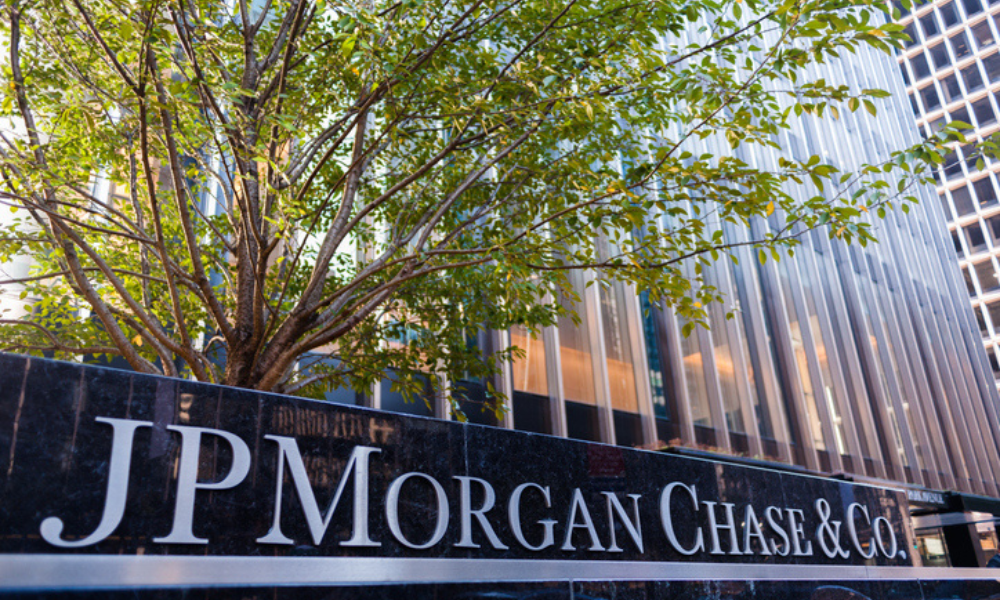JP Morgan CEO hits out

In his annual letter to shareholders, JP Morgan CEO Jamie Dimon didn’t hold back on his thoughts regarding the US banking crisis. According to Dimon, Silicon Valley Bank’s recent blunders were a result of lackluster regulation and oversight by US authorities, going so far as to say they were “hiding in plain sight.”
Dimon believes that the crisis is far from over and that it will have lasting effects on the economy for years to come. He does, however, caution against overreacting with more rules and regulations, saying that it was the current regulations that incentivized banks to own low-interest assets that lost value when interest rates rose.
He also criticized the Federal Reserve for not stress-testing banks on how they would handle rising interest rates, a factor that played a significant role in Silicon Valley Bank’s downfall.
While Dimon didn’t absolve bank management of responsibility, he did point out that this was not the finest hour for many players involved. When uninsured depositors of Silicon Valley Bank realized it was losing money selling securities to keep up with withdrawal requests, they pulled their cash, causing regulators to step in and seize the bank.
“This is not to absolve bank management – it’s just to make clear that this wasn’t the finest hour for many players,” he said. “All of these colliding factors became critically important when the marketplace, rating agencies and depositors focused on them.”
JPMorgan’s future tied to AI
Dimon, the last big-bank CEO still standing from the 2008 financial crisis, has the industry hanging on his every word.
According to Dimon, JPMorgan’s future is tied to artificial intelligence, which he called “extraordinary.” He even named ChatGPT, the natural language processing tool, as one of the ways it is looking to “augment and empower employees.”
But don’t be fooled, AI isn’t just for marketing and spotting risks; it’s also a key weapon in the fight against fraud and cyberattacks. “Because you can be certain that the bad guys will be using it, too,” Dimon warned.
‘Red-blooded, patriotic, free-enterprise and free-market capitalist’
The JPMorgan CEO also stated that he is still a “red-blooded, patriotic, free-enterprise and free-market capitalist,” despite the bank’s newly stated purpose of “making dreams possible for everyone, everywhere, every day.”
Dimon also called on governments to consider using eminent domain to accelerate investments in renewable energy and fossil fuels, as the window for averting the costliest impacts of global climate change is closing.
The bank is seeking to reduce the impact of capital-holding regulations by exploring business lines that require little or no capital, such as trading analytics or travel.
Dimon also mentioned that the bank is evaluating its clients more rigorously.
Complex regulations are pushing banks out of the mortgage business, as the cost of making and servicing loans increases legal liability. JPMorgan is still holding on to this business, but many banks have already exited the market.
The 43-page letter also includes an assurance that the board is planning for Dimon’s potential successor, which is discussed during every board meeting. The board members are “on the case” and comfortable with where the bank is headed.



